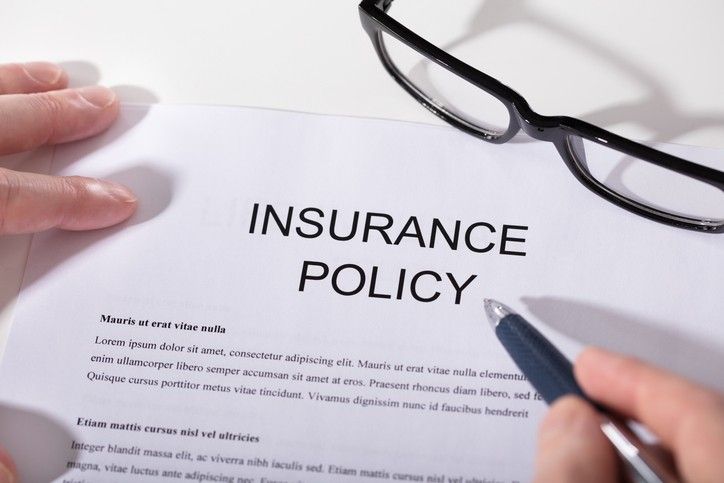The Importance of Proper Documentation in Disability Claims: What Evidence Do You Need?
On Behalf of Disability Insurance Law Group | | Disability Insurance – General TopicsAt Disability Insurance Law Group, our attorneys know filing a complete disability claim is confusing due to the intricate and multi-layered requirements. Claimants must navigate complex legal and medical jargon, meet varied criteria for different insurers and policies, and gather extensive documentation from multiple sources, including detailed medical records and employment information.
Strict deadlines and procedural rules further complicate the process, and any misstep or missed deadline can result in benefits being denied. Additionally, the need to interpret and comply with the policy’s specific definitions and standards of disability adds another layer of difficulty, making it challenging for claimants to ensure their submissions are thorough and compliant.
We can help. Our nationwide disability insurance claims attorneys have more than 50 years of combined experience in protecting the rights of individuals throughout the U.S. so they can get the most from their coverages. Often, that begins with initially submitting the proper documentation and evidence. Here’s what you need to know when filing a claim.
Compiling the Proper Documentation and Evidence for a Disability Insurance Claim
Proper documentation is crucial in disability claims as it substantiates your medical condition, demonstrates the extent of the disability, and proves the impact on your ability to work. Without comprehensive and well-organized evidence, claims are likely to be denied or delayed.
Here’s what evidence is typically needed:
Medical Records
- Detailed Medical History: Comprehensive records from all healthcare providers that detail the claimant’s medical history, diagnoses, treatments, and outcomes.
- Diagnostic Tests: Results from relevant tests, such as X-rays, MRIs, CT scans, blood tests, and other diagnostic procedures that support the diagnosis.
- Physician Statements: Letters from treating physicians that explain the diagnosis, treatment plans, prognosis, and the condition’s impact on the claimant’s daily activities and work capabilities.
- Treatment Notes: Detailed notes from medical visits, including the physician’s observations, treatment prescribed, and the claimant’s response to treatment.
Employment Records
- Job Description: A detailed description of your duties, responsibilities, and physical and mental requirements.
- Work Performance Evaluations: Performance reviews and records any work accommodations provided due to the disability.
- Employer Statements: Employer’s letters describing how the claimant’s disability affects their job performance and any adjustments made to accommodate the condition.
Personal Statements
- Your Account: A personal statement describing your condition, symptoms, and how the disability affects your daily life and ability to work.
- Witness Statements: Testimonies from family members, friends, or colleagues who can corroborate your account of your disability and its impact.
Vocational Evidence
- Vocational Expert Reports: Assessments from vocational experts that evaluate your ability to perform your current job or any other work, considering your medical condition.
- Functional Capacity Evaluations: Reports from occupational therapists or other specialists who assess your physical and mental functional capacity.
Compliance with Treatment
- Proof of Treatment Adherence: Documentation showing that you follow prescribed treatments, such as attending medical appointments, taking medications, and participating in recommended therapies.
Insurance Policy Documents
- Summary Plan Description (SPD): A copy of the insurance policy’s SPD that outlines the definitions, eligibility criteria, and required procedures for filing a claim.
Proper documentation validates the severity and legitimacy of the disability and ensures that the claim meets the insurer’s requirements. By meticulously gathering and submitting the necessary evidence, claimants can improve their chances of a successful outcome and avoid unnecessary delays or denials. We can help, starting with the crucial application stage.
Contact Our Skilled Disability Insurance Claims Attorneys Today for Help
Contact our skilled disability insurance claims attorneys nationwide today by calling (954)-989-9000 or online to schedule a free and confidential case assessment. We can put our over 50 years of combined experience to work for you and help ensure that your application meets the required standards and effectively communicates the need for disability benefits.





